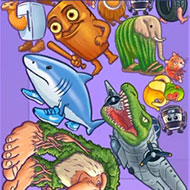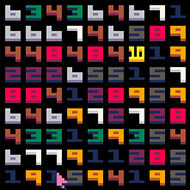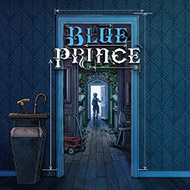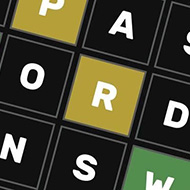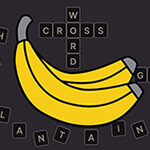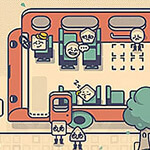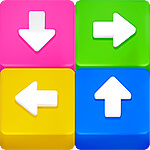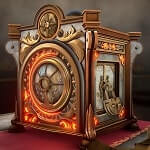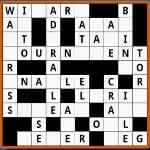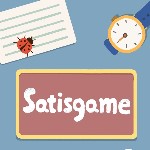Puzzle
Games are divided into numerous categories and many of them serve not just to distract and entertain people, but to train them too. In all the different aspects, but there are many functions that we use when we try to solve some task given by the gameplay. It can be reaction or attentiveness, but the most popular thing to train is logic.
These are usually games that make us reflect a lot. How should I move this block so that every other fits to the form where I should place them? Or how to move blocks to solve this jigsaw? This is what we call Puzzle games – they are to entertain us as well as to make our brain work.
The most frequent
What do you do when you need to wait for a pretty long time? More often you try to find someone to talk to, or to scroll the feed, or watch some funny videos, or something else that will not burden us a lot, but will fill our time. But when you spend your time like this it makes you lose a sense of time and reality, and when you need to return into a ‘working’ mode, it’s hard to concentrate instantly. But when you play Puzzles, it keeps your mind toned so it’s easier to start thinking about what you need at the moment again. Even if not touch upon the particular situations, the general profit turns out to be clear too.
The use
Many intellectual games suggest that you use your memory a lot, which means that even if you don’t succeed to solve some riddles or something it offers you, efforts make sense as well. So filling your time with these games gives you the opportunity to improve your mental skills and do not make much effort at the same time.
The effectiveness is increased by using planning, supposing, trying etc. That makes us even more resistant to the failures at some point, and helps to learn our mental abilities along with emotional control. So Puzzles are not just time killers. They are much more.













































































































